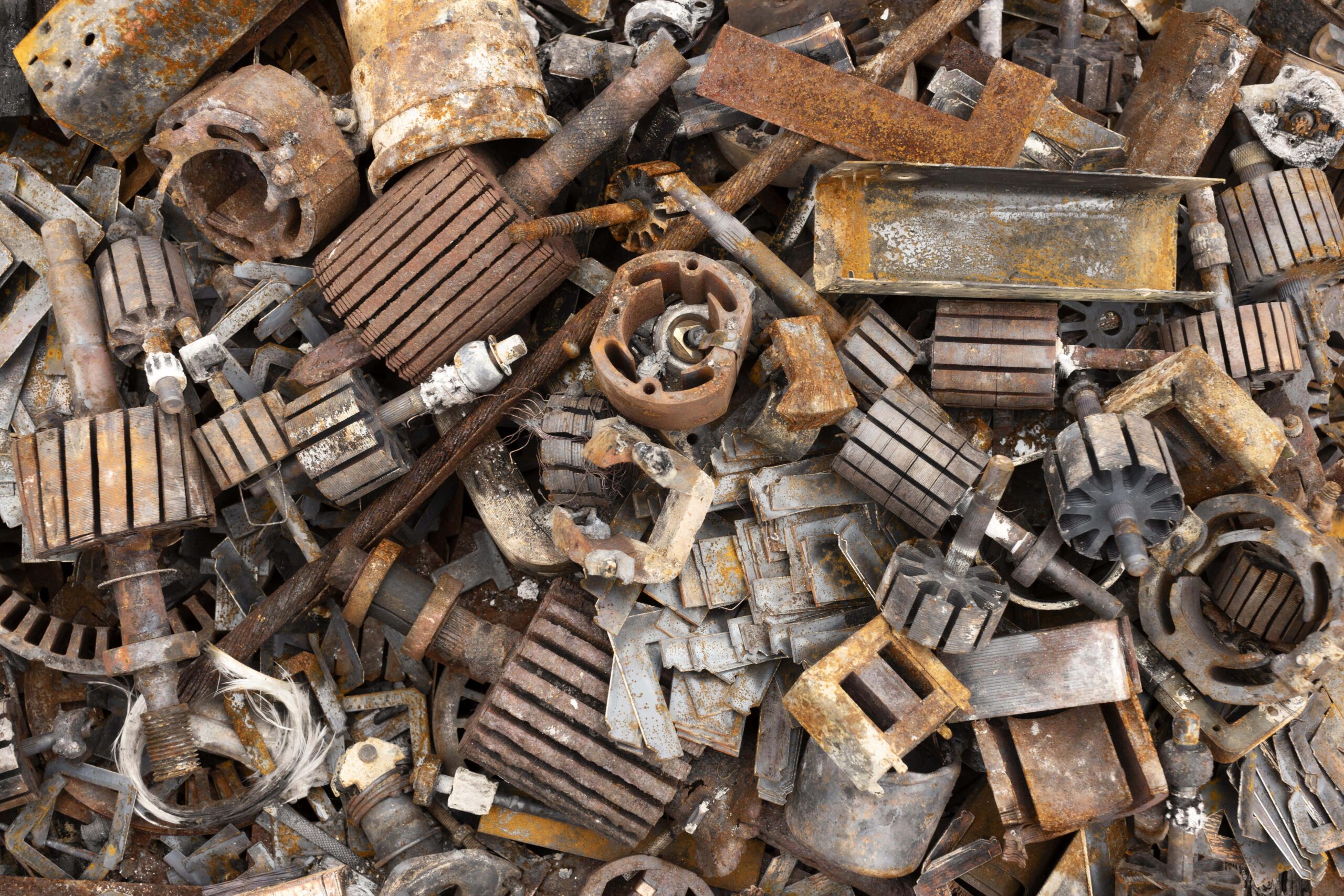Hidden Treasures in Junk: Navigating the Benefits of a Local Scrap Yard Near Me
Discovering Value in the Scrap Yard
In an era where sustainability is critical, local scrap yard have emerged as vital players in the recycling and resource conservation arena. Establishments like Hawke’s Bay Car Removal are not just final resting places for unwanted items; they are active recycling hubs instrumental in turning what many consider waste into valuable resources.
The Critical Role of Scrap Yards in Sustainability
Often misunderstood as mere dumping grounds, they are, in fact, crucial in promoting environmental sustainability. By facilitating the repurposing of materials, they significantly reduce the need for new resources and minimise environmental waste. This process of salvaging and recycling is pivotal to resource conservation.
Recycling: The Heart of the Operation
At the core of a scrap yard’s function is the recycling process. Places like Hawke’s Bay Car Removal handle diverse recyclable materials, from metals to electronics. This helps mitigate landfill waste and conserves the energy and raw materials needed to produce new items.
Economic Impacts: Beyond Cost Savings
They also provide significant economic benefits. They offer a cost-effective source of materials for businesses and individuals. Customers can find materials for construction projects or vehicle repairs at a fraction of the cost of new products.
A Community Resource and Innovation Hub
Scrap yards can be centres for community engagement and innovation. They attract a variety of individuals, from artists seeking unique materials to DIY enthusiasts looking for specific parts. This fosters a sense of community and encourages innovative reuse.
Automotive Recycling: A Specialised Function
A key area for many scrap yards is automotive recycling. Facilities like Hawke’s Bay Car Removal specialise in breaking down vehicles, salvaging usable parts, and recycling the rest. This mitigates the environmental impact of automotive waste and provides affordable parts for car repairs and restorations.
Overcoming Challenges with Innovation
Despite their utility, they face challenges, especially regarding public perception and regulatory compliance. However, many are innovating to address these challenges, adopting new technologies and practices to improve efficiency and meet environmental standards.
Safety and Compliance: Top Priorities
Safety and environmental compliance are essential in scrap yard operations. Facilities must adhere to strict regulations to ensure safe working conditions and environmentally responsible recycling processes. This includes appropriately handling hazardous materials and ensuring their recycling does not harm the environment.
Embracing Technological Advances
Scrap yards increasingly turn to technology to enhance operations and minimise environmental impacts. From sophisticated machinery for sorting and processing materials to systems for managing hazardous substances, technological advancements are transforming these facilities, making them more efficient and environmentally friendly.
Conclusion
As exemplified by Hawke’s Bay Car Removal, local scrap yards are essential to our environmental and economic infrastructure. They offer sustainable solutions for waste management and provide economic benefits to the community. As we grapple with ecological challenges and resource management, these facilities demonstrate how innovation and responsible practices can convert discarded items into valuable resources. Next time you think about scrap yards, remember their crucial role in creating a more sustainable future, transforming waste into worth.

